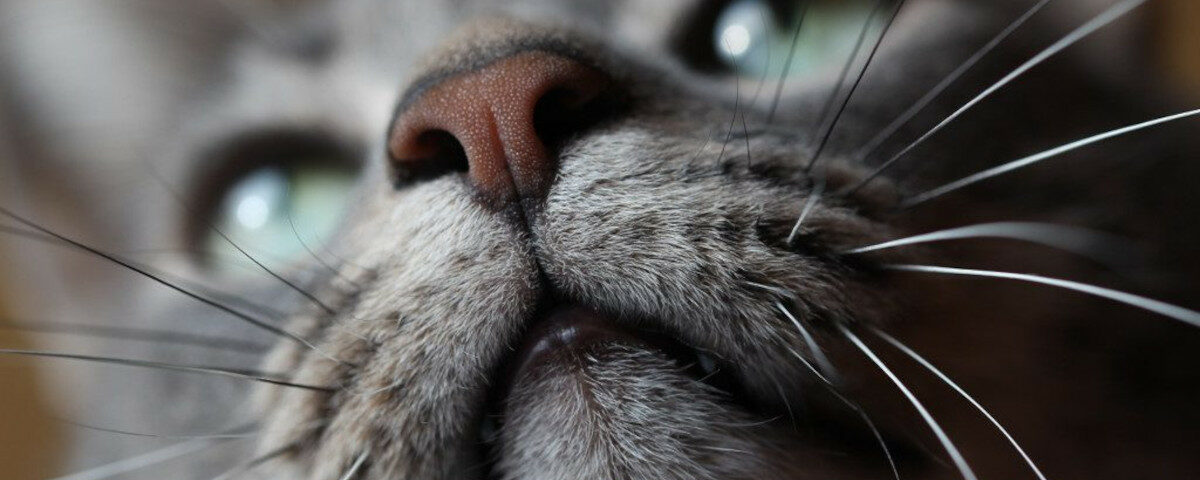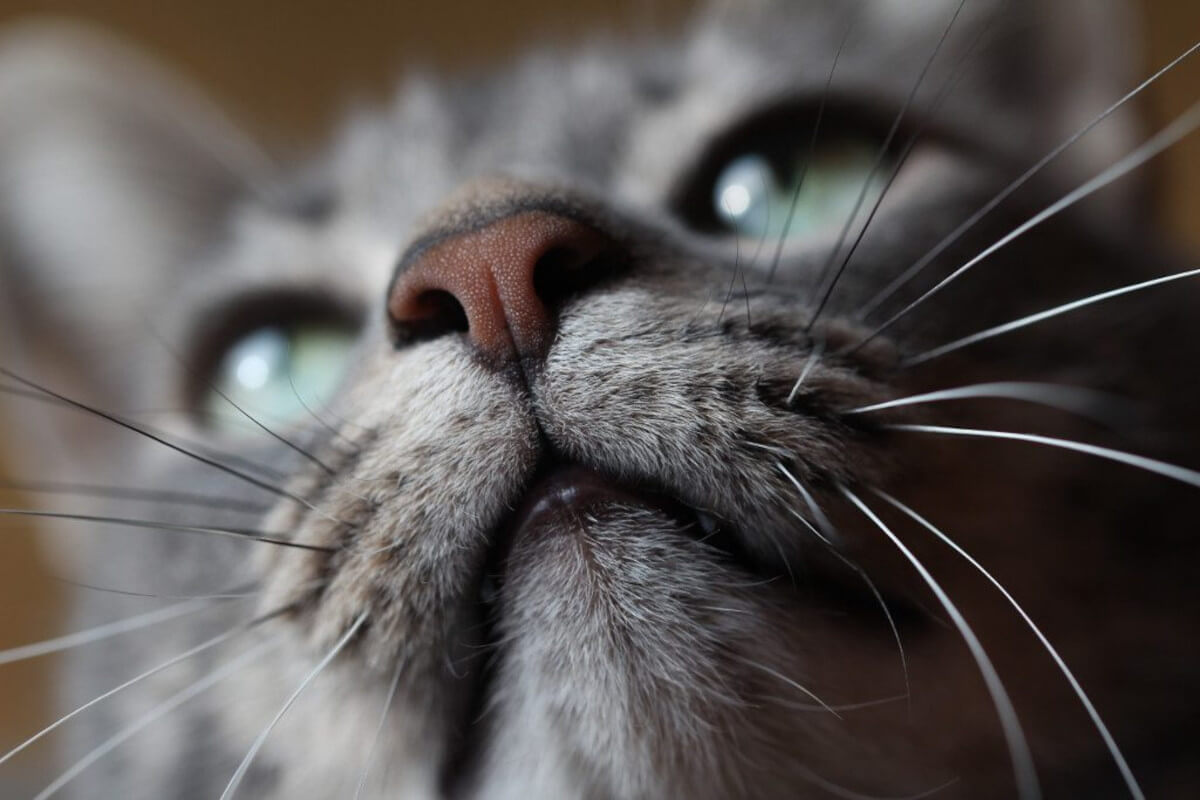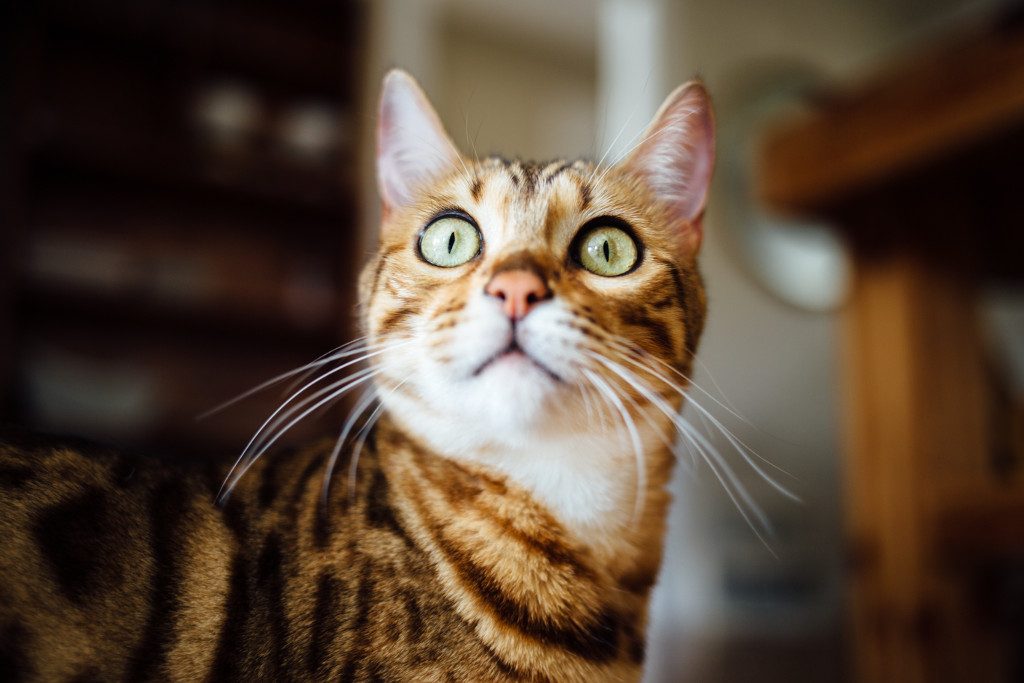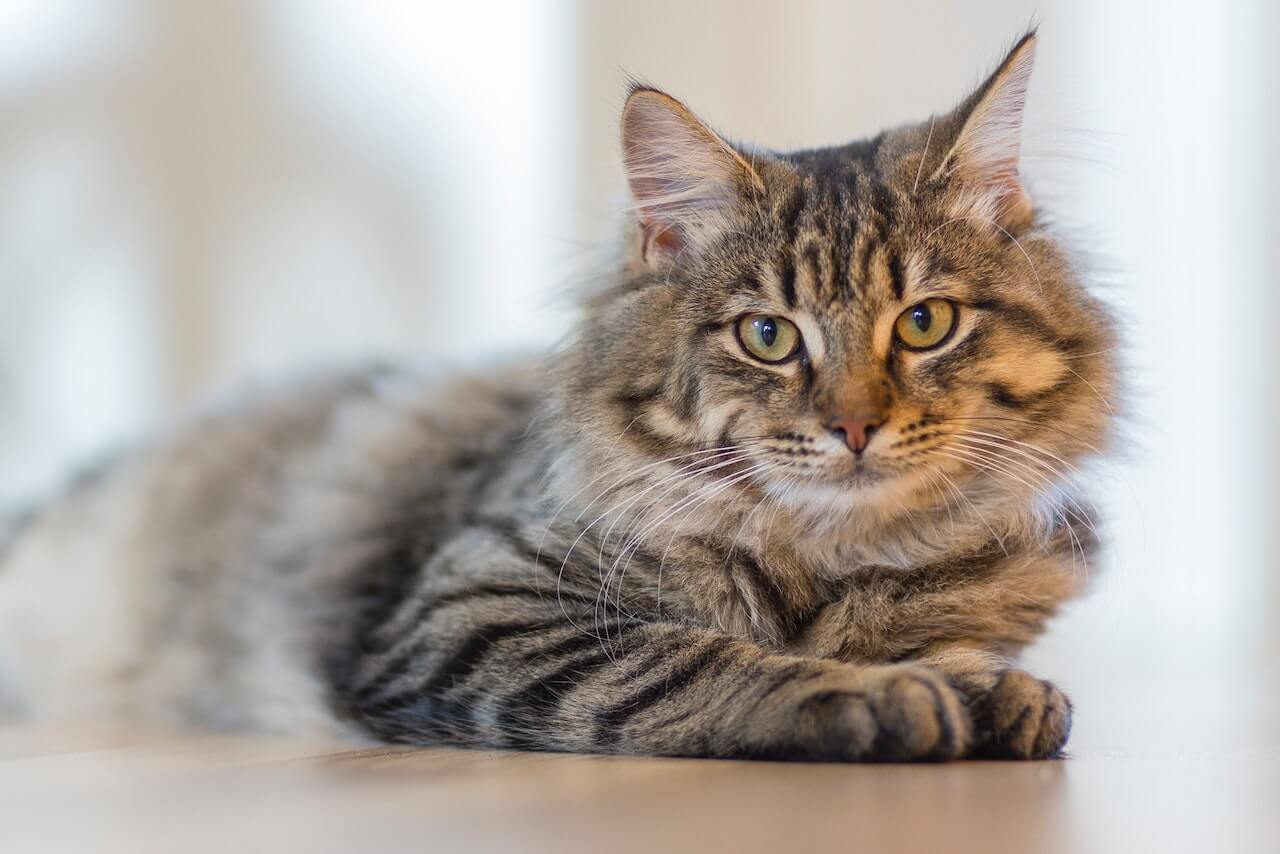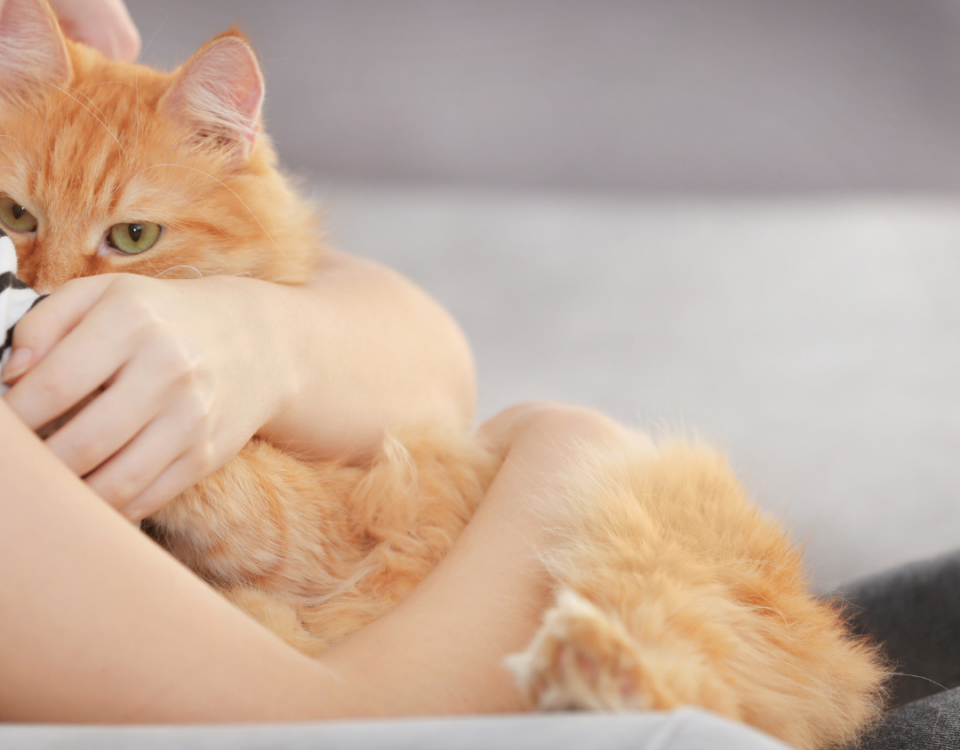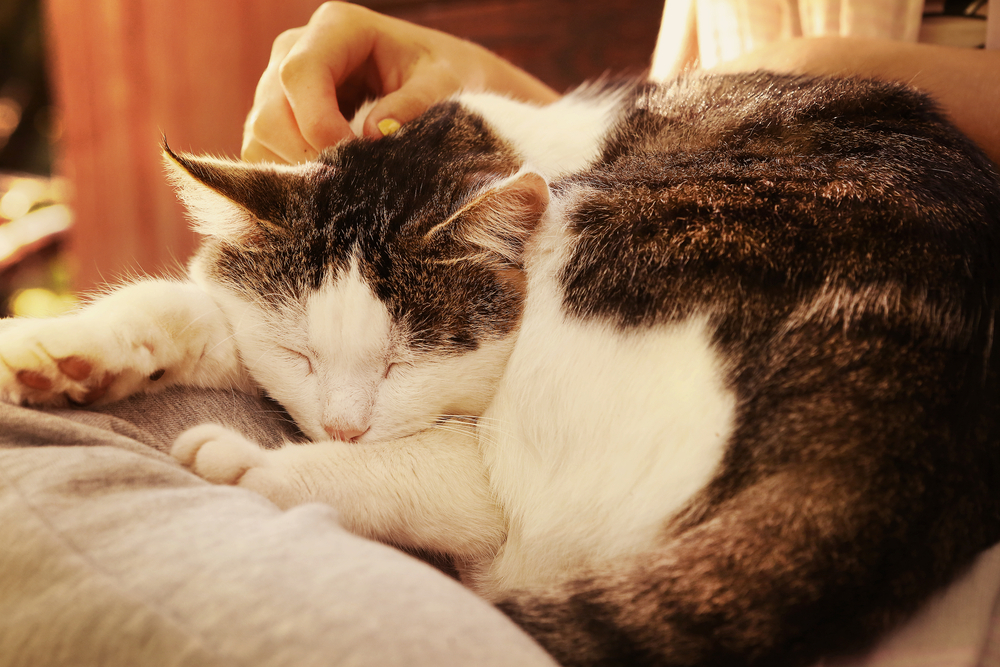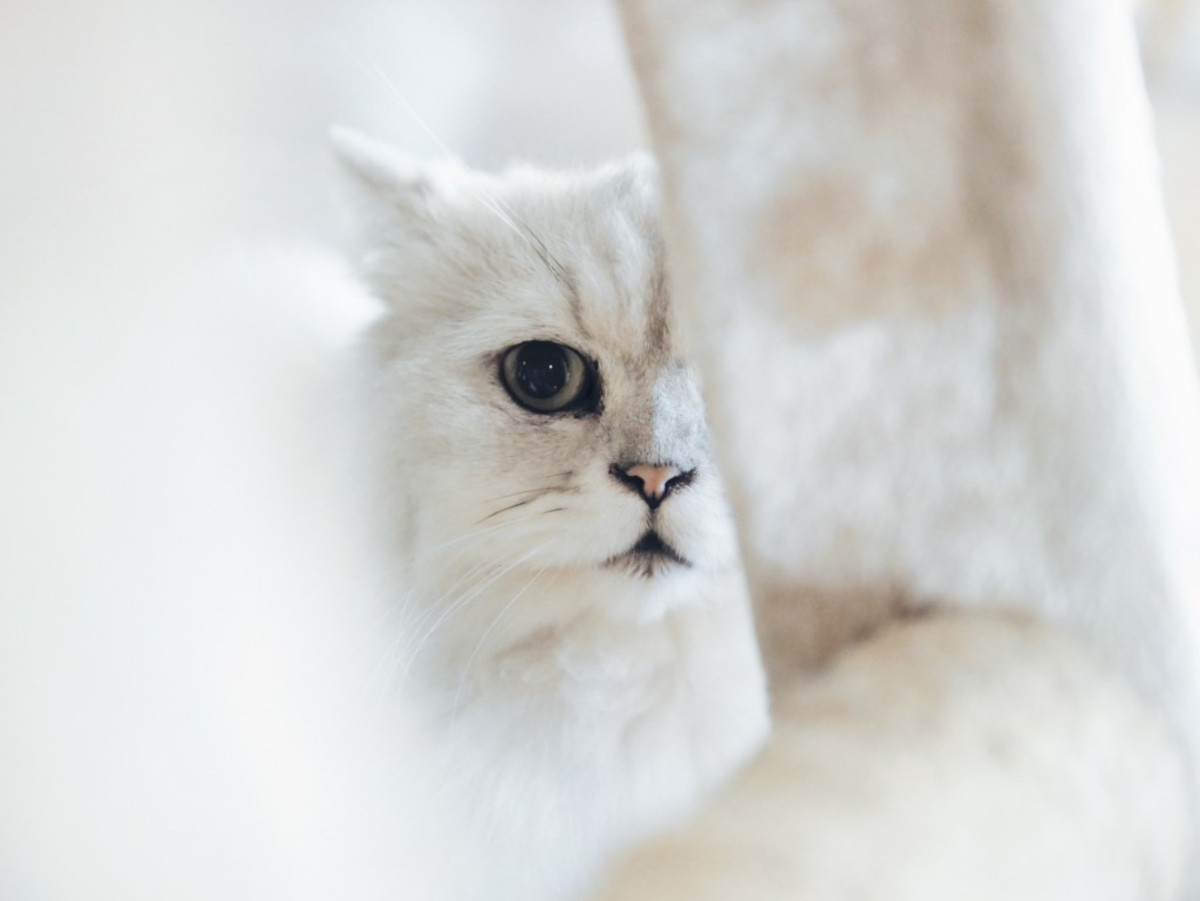
Is Your Cat Acting Strange? How To Read The Warning Signs
October 15, 2018
How Long Do Dogs Live? Dog Breeds And Life Expectancy
October 26, 2018
How Long Do Cats Live? That is a good question. Cats are complex creatures, and it takes owners a long time to get to know their feline friends. One question that we get asked continuously from cat owners is, “how long will my cat live for”? So, let’s try to give you an answer right here.
How Long Do Cats Live? – Breeds & Life Expectancy
Table of contents
- Average Lifespan of Cats
- How Long Do Cats Live? Guinness Book Of World Records
- Factors that Can Affect a Cat’s Life Expectancy and How to Help Your Cat Live Longer
- How Long Do Cats Live? – Breeds and Life Expectancy
- Life Stages of Cats
- The Visible Ageing Process
- The Invisible Signs of Ageing
- Find Answers for Frequently Asked Questions
- How Long Do Cats Live? Conclusion
How Long Do Cats Live For? Average Lifespan of Cats
Contrary to popular belief, cats do not have nine lives, and their lifespans are governed by a range of factors. A typical average lifespan of a domestic cat is 12 – 18 years. Some pet cats can live to be around 20 years old. Each cat will have a different lifespan depending on external factors that can impact their health and well-being. Everything from genetics to environment can make a significant change. Here are some of the most important factors considered when calculating the average lifespan of a cat, or just to ensure your furry friends can live long and happy lives!
How Long Do Cats Live? Guinness Book Of World Records
The longest-living cat was Crème Puff who was born in Texas in 1967. She died after 38 years and three days in 2005. The oldest living cat today is reported to be Scooter who is just 30 years old and also living in Texas. This is obviously a changeable position!
Factors that Can Affect a Cat’s Life Expectancy & Help Your Cat Live Longer
Cat longevity is governed by a range of factors, as follows:
-
- Whether your cat lives indoors or out: and if protection is provided from any obvious hazards
Many are outdoors nearly all of the time, and others are completely feral. And then there are our indoor cats. Outdoor cats are more prone to accidents and injury with the greatest risk being hit by a car. Other dangers include attacks by other cats, contracting diseases, and ingestion of poisons or toxic materials. Without these hazards, indoor cats tend to live longer than outdoor cats.
-
- Spaying and neutering: removing the risk of developing diseases that can affect the reproductive system in older age
One factor that does tend to extend a cat’s life is neutering because cats that have been neutered do not risk contracting reproductive diseases.
-
- Hereditary conditions: diversity in the genetic makeup are key to a long life
Hereditary conditions are of particular importance when considering the life expectancy of cats. These may include heart disease, kidney disease, thyroid problems, and other genetic diseases that can reduce the life expectancy of a cat significantly if not managed properly with medication. Because many of these conditions are inherited, it is important to know the family history when considering adopting a cat or making breeding decisions.
-
- Your cat’s diet: feeding your cat a well-balanced diet according to age is essential
Providing your cat with a well-balanced diet is an essential part of keeping them healthy. A balanced diet gives cats all the vitamins, minerals and nutrients they need to live a long and healthy life, potentially adding up to two years to their lifespan!
-
- Physical condition: making sure your cat gets lots of exercise as obesity reduces lifespan
It’s important that your cat gets plenty of exercise to stay healthy and active. Make sure your cat gets at least an hour of playtime and a variety of activities every day. There are also toys and climbing structures you can buy specifically designed for cats, which can be a great way to keep them engaged and moving around. Additionally, making sure your cat has access to outdoor areas or safe indoor spaces where they can roam and explore is important for their physical, mental, and emotional health.
-
- Vet care: getting regular check-ups at least once a year with preventative treatment for worms and diseases
Vet care is essential to ensure your cat’s health and longevity. Regular visits to the vet are important to diagnose and treat any potential medical issues that can arise, as well as vaccinations and other preventative measures that help keep cats healthy.
-
- The breed of your cat: see the data below
Your cat’s pedigree can help determine the risk factors. The health of the parents of your cat can determine your cat’s lifespan. This may be reduced by inherited heart disease due to breeding or genetics.
How Long Do Cats Live? – Breeds & Life Expectancy
Purebred cats often have a shorter lifespan than mixed-breed cats due to selective breeding. Look at some popular breeds and life expectancy below:
- Abyssinian – 9 to 15 years often with eye and knee problems in later life
- Bengal – 7 years is the average lifespan due to many hereditary health issues with susceptibility to infectious diseases
- British Shorthair – 14 years and older with a high risk of polycystic kidney disease in older cats
- Burmese – 16 to 18 years with possible genetic health problems and prone to gingivitis
- Maine Coon – 11 years as hip dysplasia and hypertrophic cardiomyopathy can shorten the lifespan
- Persian – 14 years and older despite hereditary conditions including kidney disease and bladder problems
- Russian Blue – 15 to 20 years with a healthy appetite which can quickly lead to obesity
- Siamese – 15 years and older but can be prone to certain health problems
- Tabby – around 14 years for a crossbred domestic cat
Life Stages of Cats
Kitten (0-6 months)
When they are kittens, it is the best stage to introduce your cats to other pets, as they are getting used to the household environment. This time is the most rapid growth stage, and the best time to get them neutered, if you have made that choice.
Junior (6-24 months)
During this stage of life, your cat will grow to its full size and reach sexual maturity. During this stage of development, you should play appropriately with your cat. The reason for this is that they are forming thor habits during this stage of their lives. Use toys rather than using your hands to play with them, as they can learn to bite and scratch humans, and think it is playing.
Prime (3-6 years)
This stage is when your cat will enjoy the best years of its life. Despite being young, fit, and healthy, make sure that your cat still receives regular health checks and vaccinations.
Mature (7-10 years)
This stage is equivalent to mid-life for a human, around forty to fifty years of age. You might notice your cat starting to get a bit slower, and put on some extra weight. At this stage of life, you should monitor their food, so they are not overeating compared to the amount of exercise they are doing.
Senior (11-14 years)
This stage is the start of your cat needing mental stimulation to give them some quality of life. This stimulation is something that should be done throughout your cat’s life. However, it is at this stage of life that they cannot do without it.
Geriatric (15+ years)
You may have a cat that is still active at this age, but most will start to slow down considerably. Possibly, you will notice that your pet is quite content to laze around and sleep most of the day. You will need to closely monitor your cat’s health at this stage of their lives and consult your vet if you are worried about any stark changes in behaviour.
The Visible Ageing Process
Your cat will go through many changes due to age. These may be physical or behavioural. Look at a range of signs of ageing here…
- Grooming is less effective and you can help your cat by combing har- to-reach places
- Claws become brittle and may need to be clipped more regularly
- Eyes may have age-related lens issues or more severe diseases related to high blood pressure
- Hearing gets worse as cats age
- Gum diseases such as gingivitis may be prevalent with decayed teeth requiring extraction
- Skin becomes thinner and fragile and is prone to infection
- The sense of smell may decrease which can cause disinterest in food
- Arthritis is common in older cats and can cause difficulty in using the litter tray and climbing stairs
- Dementia can cause excessive meowing and disorientation
Here are 6 alarming signs to watch out for. Or how to tell if you are having a lethargic cat.
The Invisible Signs of Ageing
Careful observation of your cat alongside regular exams at the vets will help detect other illnesses such as:
- Your cat’s immune system not functioning as effectively
- Kidney failure – a common disease in older cats as kidneys go through a number of age-related changes
- Hyperthyroidism which will often result in overactivity caused by an overactive thyroid gland
- Hypertension can damage vital organs including the heart, kidneys, and brain
- Diabetes causing weight loss, excessive thirst, and urination
- Cancer of the skin, bone, lung and liver are all on the list, with lymphoma in cats being the most common
Find Answers for Frequently Asked Questions
How long do outdoor cats live?
Because there are so many challenges for an outdoor cat, the average cat life expectancy ranges from 2 to 5 years. Increased exposure to parasites, illness, fights, and location all limit the average lifespan. But once a cat reaches one they can live into their teens.
How long do indoor cats live?
If they’re fed and watered regularly, and get sufficient playtime and exercise to prevent them from becoming overweight, a household cat can happily live from 12 to 20 years, with the average lifespan being 16.
How old is my cat in cat years?
At the end of the first year, your cat is about 10 to 15 years old. By two this will have increased to 25 years. Every year from then on will be about four years in human terms. So, your 15-year-old cat will be 76 and your 16-year old cat 80.
How many cat years are in one human year?
It’s thought that the first two years of a cat’s life are the same as the first 25 in a human. After that, every extra year is about four cat years.
What’s the average lifespan of a house cat?
The average lifespan of an indoor cat is 12-20 years while outdoor cats typically live 5-10 years. As with any pet, proper nutrition and care can make a huge difference in your cat’s life expectancy, as well as genetics.
How Long Do Cats Live? Conclusion
The average lifespan of a cat is getting longer. This is due to the ease of getting veterinary care, and the benefits of understanding diseases in cats and how to treat them, alongside vaccinations that control infectious diseases. Keeping cats indoors has also contributed to raising the average lifespan.
Of course, as cats age, they generally become more prone to degenerative diseases and illnesses. There may come a point in your cat’s life whereby its quality of life has diminished considerably.
There may come a time when you have to make the heartbreaking decision to let your cat go. Putting a cat to sleep in your own home can be a gentle and kind way to say goodbye. Get help and advice from a fully qualified and experienced end-of-life practitioner. And all the support you need during this sad time.
Cloud 9 Home Visit Vets – We provide loving and focused end-of-life care. If you do choose to make this traumatic decision, we will give you all the help and support you need, so contact us today.
Sources:
How Long Do Cats Live? – PetMD
Should You Have an Indoor Cat or an Outdoor Cat? – WebMD
How Long Do Cats Live? – Blue Cross
Aging in cats – Wikipedia

